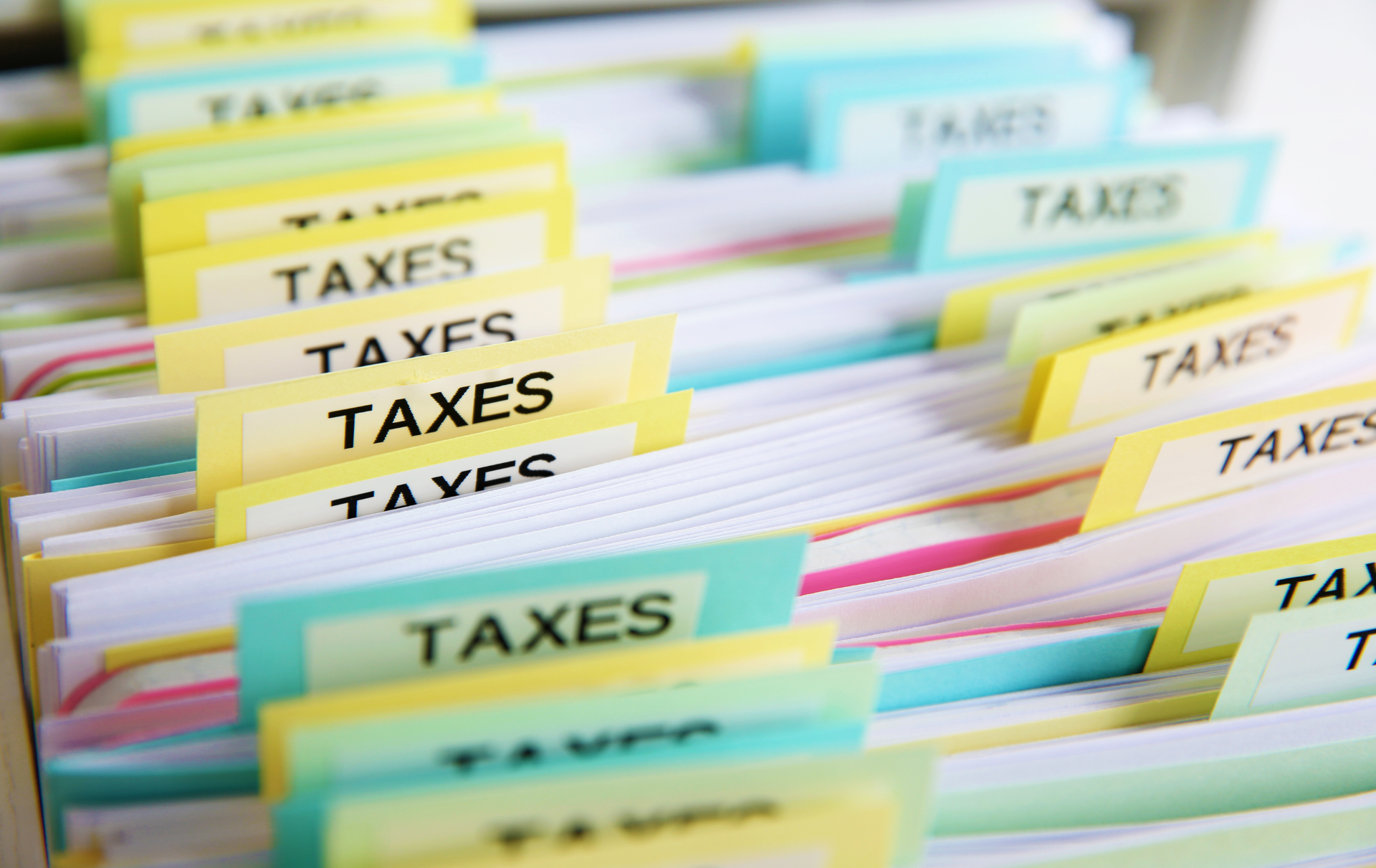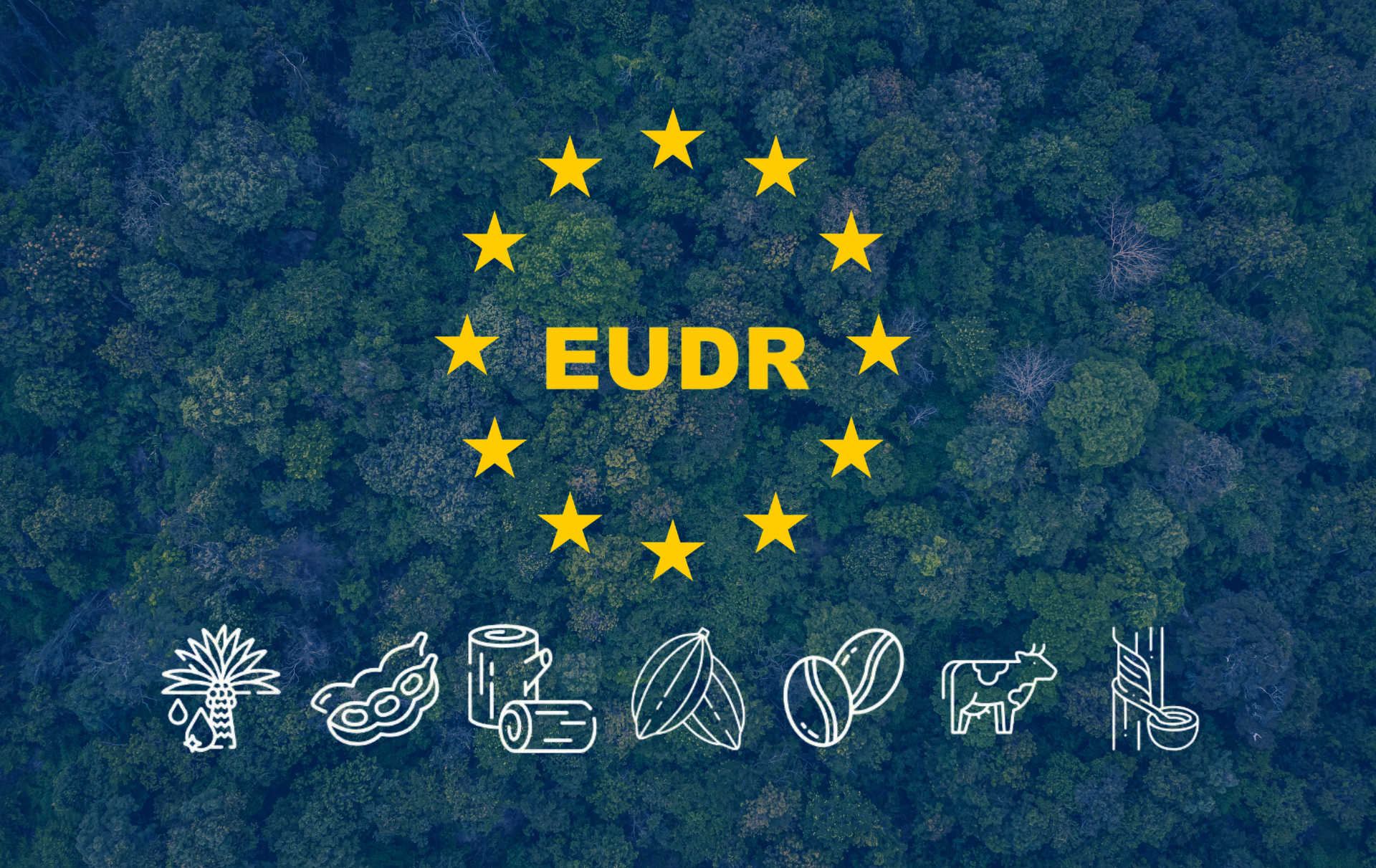
October 31, 2023
Bulgaria's 15% Global Minimum Tax Implementation
Exploring the implications of the global minimum tax and its impact on Bulgaria’s corporate landscape.

The new EU Regulation (EU) 2023/1115 on deforestation (EUDR) was published in June 2023. It is a key part of the EU Biodiversity Strategy for 2030. The regulation aims to minimize deforestation and forest degradation linked to agricultural commodities placed on the EU market or exported from it.
The regulation applies to the following raw materials and their derived products:
Palm oil
Cattle (bovine animals)
Soy
Coffee
Cocoa
Timber
Rubber
This also includes products that require these raw materials in their manufacturing process (for example, beef, furniture, chocolate). All goods made from these raw materials imported into or exported from the EU must comply with the new requirements.
Products covered by the EUDR cannot be placed on the EU market or exported unless they meet all the following conditions:
They are not linked to deforestation.
They are produced in compliance with the relevant laws of the country of production.
They are covered by a Due Diligence Statement (DDS), as specified in Annex II.
Companies selling on the EU market or exporting covered products must prepare a DDS in the new EU information system. The DDS proves that all necessary checks were carried out according to the regulation’s requirements.
The DDS must include:
Collection of geographic information (e.g., satellite images) of the land from which the commodities were sourced.
Risk assessment of non-compliance with EU deforestation regulations.
Risk mitigation measures to reduce risks to negligible levels.
The EUDR entered into force on 29 June 2023. Although its original implementation date was 30 December 2024, the European Parliament and Council have agreed to a one-year postponement to allow companies and authorities more time to prepare.
New compliance deadlines are as follows:
Large companies and traders: from 30 December 2025
Small and micro enterprises: from 30 June 2026
Start mapping your supply chain now to identify where your commodities originate and assess potential deforestation risks.
Collect and verify geographic data for your suppliers’ production sites.
Conduct a thorough risk assessment following the EUDR criteria.
Develop risk mitigation plans to address any gaps or concerns found in your supply chain.
Train your team on EUDR requirements and the submission process for the Due Diligence Statement.
To support implementation, the European Commission has launched two platforms as part of the EUDR Information System:
Live Server – for submitting legally binding DDS that can be verified by authorities:
https://eudr.webcloud.ec.europa.eu/tracesnt/
Training Platform – for practice and preparation without legal effect:
https://acceptance.eudr.webcloud.ec.europa.eu/tracesnt/
In addition, virtual training sessions for using the EUDR system will be published regularly on the platform in late 2024 and throughout 2025.
The EUDR brings a significant change to how forest-risk commodities are traded across the EU. Companies dealing with palm oil, soy, beef, cocoa, timber, coffee, or rubber must ensure their supply chains are deforestation-free and fully compliant with EU and local regulations.
The Due Diligence Statement is essential—requiring geographic data, risk assessments, and mitigation measures. With the first deadlines in December 2025, businesses should act now.

